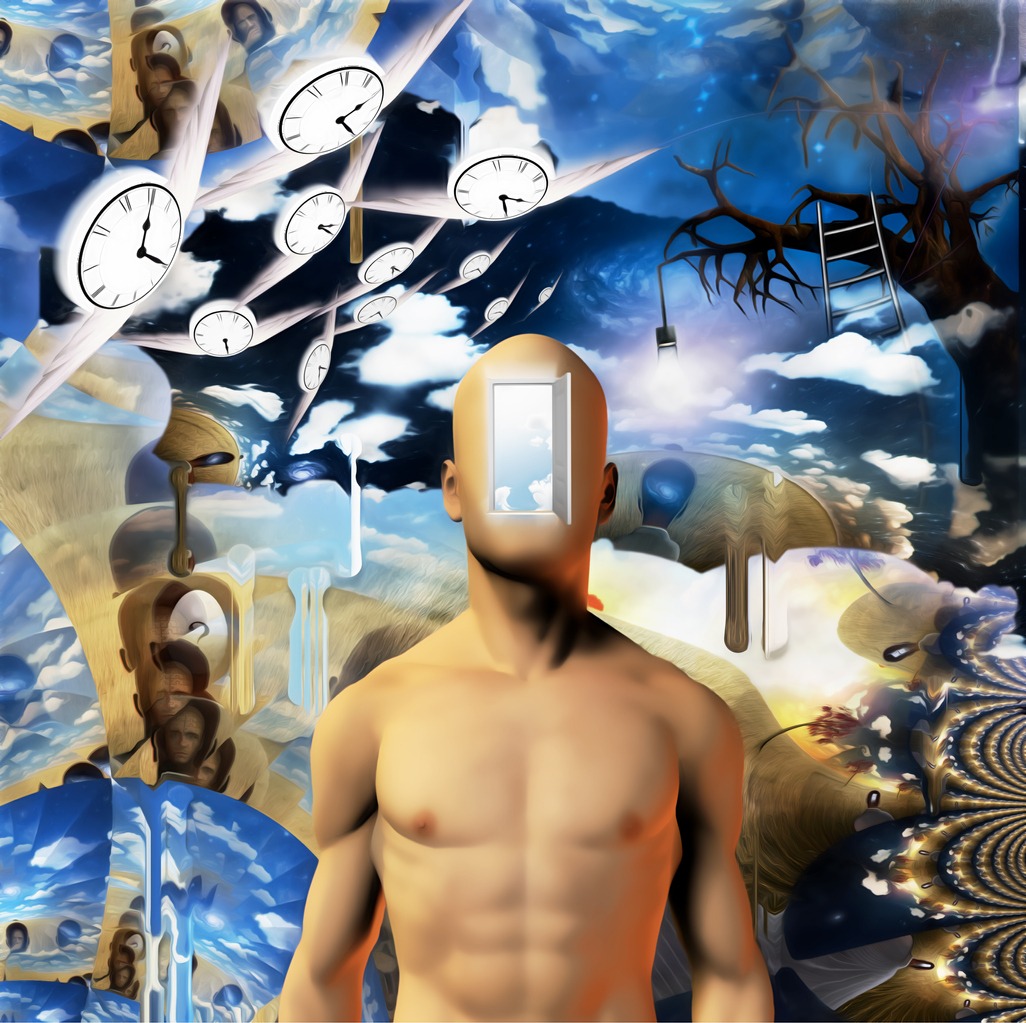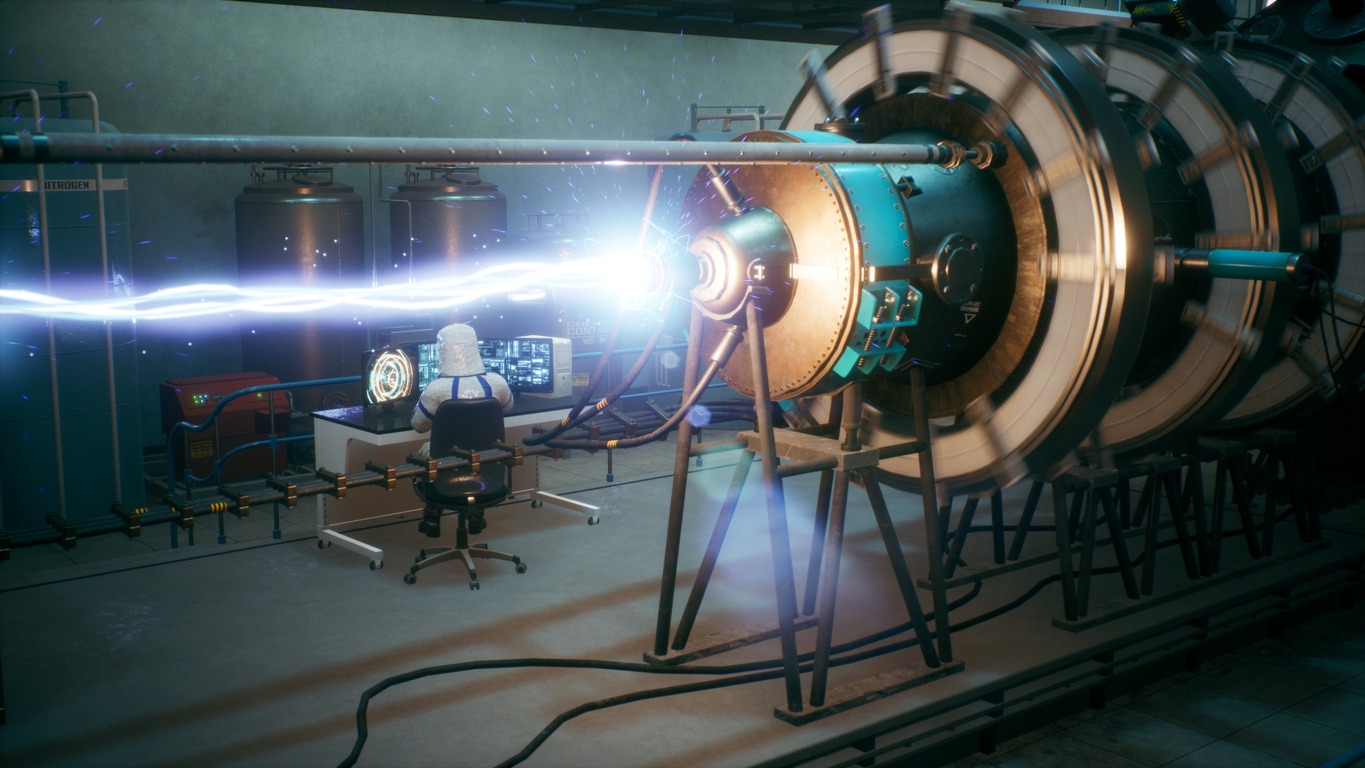What happens if you go back in time and change something? Could you accidentally erase your own future?
Time travel is a concept that has fascinated people for a very long time. It’s the idea of being able to travel to the past or the future, like we see in movies and books. We all love stories where someone hops into a time machine and goes on incredible adventures. We’ve seen it in countless books, movies, and TV shows, from the adventures of Marty McFly in “Back to the Future” to the time-hopping escapades of the Doctor in “Doctor Who.” A group of highly intelligent scientists has earnestly contemplated this matter, presenting intriguing concepts that suggest the theoretical feasibility of time travel.
Behind the fantastical tales of time machines and wormholes lie real scientific theories and principles. The notion of time travel isn’t just a figment of science fiction; it’s firmly rooted in the fabric of theoretical physics. Concepts like time dilation, special relativity, and the nature of causality all play a role in our exploration of time travel.
In this article, let’s take a closer look at time travel paradoxes and understand the science behind them.
1. The Grandfather Paradox: A Mind-Boggling Family Mystery
Thinking about altering the course of history? Well, it all starts with a close look at the role your grandparents played in shaping your world.
So, picture this: you’ve got a time machine, and you decide to travel back in time. But here’s the twist – you want to stop your grandparents from ever meeting each other. Sounds like a plan, right? Well, that’s the Grandfather Paradox in a nutshell. It’s like a tricky riddle from a time-traveling adventure. Here’s the twist: if you stop your grandparents from meeting, it messes up your family tree. Your parents wouldn’t be around, and neither would you. But then, how could you even go back in time to change things if you were never born in the first place? It’s a puzzling loop with no easy solution.
Trying to Untangle the Knot:
To make it more exciting, both storytellers and scientists have some cool ideas to fix this family tree mess. In some stories, they say the universe has a magical “fix-it” button. So, even if you mess up your grandparents’ meeting, somehow the universe makes sure they meet in a different way. Others talk about parallel worlds, like different copies of reality. So, when you change the past, it’s like making a new world where you were never born, but your old world stays the same. And some folks believe there are some things in history you just can’t change, like your parents being born. If you try, it might not work, or something strange might happen. So, it’s a mix of family drama and tricky time-travel puzzles!
2. The Bootstrap Paradox: A Journey into the Origin of Things
Let’s dive into another mind-boggling time travel puzzle, the Bootstrap Paradox. Imagine you stumble upon a time machine, and you decide to travel back in time, say a hundred years ago. You bring with you a book – a book that was never written by anyone in the past. You hand this book to a famous author from that era, who then publishes it as their own masterpiece. Sounds cool, right? But here’s the kicker: if you brought that book from the future and no one in the past actually wrote it, where did it come from in the first place? That’s the Bootstrap Paradox in all its baffling glory.
Unraveling the Paradox:
Now, this paradox raises a big question: can something just exist without anyone ever creating it? It’s like a puzzle where the pieces don’t seem to fit. In the world of time travel tales, people have come up with some wild solutions to untangle this mess. One idea is that the book, or whatever it is, exists in a never-ending loop. It keeps going back and forth in time, with no clear starting point. Others think that it might come from an outside source – like another dimension or a super-advanced civilization with the power to plant it in the past. These are the kinds of brain-teasers that make time travel stories so exciting and challenging to wrap your head around!
3. The Ontological Paradox: Where Time and Existence Get Tangled
Alright, let’s dive into the Ontological Paradox – a real brain-twister in the world of time travel. Imagine you find a way to go back in time and hand Shakespeare a copy of his own famous plays before he even writes them. He reads it, thinks it’s great, and decides to publish it as his own work. Now, you might wonder: who actually wrote those plays? Did Shakespeare create them, or did they pop into existence thanks to your time-traveling shenanigans? This is the heart of the Ontological Paradox – a puzzling paradox that challenges the very nature of what exists and how things come into being.
Questioning the Very Fabric of Reality:
When we talk about the Ontological Paradox, we’re diving into deep questions about what’s real. It’s a bit like trying to figure out which came first, the chicken or the egg. In time travel stories, this paradox makes us wonder if some things can exist without a clear start. But there are different ways to tackle this puzzle. Some say these things might exist in ways we can’t fully understand, like from other dimensions or viewpoints. Others suggest that time travel itself, and the things time travelers do, create these paradoxes, making a loop of cause and effect that messes with how we see the world. So, whether you’re thinking about where Shakespeare’s plays really came from or what’s real in our world, the Ontological Paradox takes us on a deep journey through the weirdness of time travel.
4. Causal Loops: Where Cause and Effect Circle Around
Let’s step into the world of causal loops, which is like a never-ending dance between cause and effect. Imagine a scenario where an event A causes event B, and event B, in turn, causes event A. It’s like a loop, where each thing depends on the other, with no clear beginning. This is a causal loop, and it’s one of those things that boggle the mind in the realm of time travel. It’s almost as if time itself is playing a tricky game, where the past influences the future, and the future influences the past, all in a continuous circle.
Untangling the Knots in the Web of Time:
Causal loops raise some puzzling questions. When cause and effect are all tangled up without a clear start, it’s hard to figure things out. But in stories, writers have clever ways to deal with these loops. They might say that inside the loop, things just keep going by themselves – no need for something outside to kick it off. Picture a time traveler going back to give a famous author a book. That book inspires the time traveler to go back and hand it over. It’s like a loop that keeps going, and the book doesn’t really have a clear beginning, but it keeps the time travel adventure rolling. These self-running systems make for exciting stories where things go around in circles, messing with our ideas about why things happen and taking us on a thrilling journey through time.
5. Twin Paradox: A Relativity Riddle Unveiled
The Twin Paradox might sound like something straight out of a sci-fi novel, but it’s a real head-scratcher that arises from Einstein’s theory of relativity. Imagine you have a pair of twins, one of whom goes on a space adventure, traveling at mind-boggling speeds close to the speed of light. The other twin stays on Earth. Now, here’s where it gets interesting: when the space-traveling twin returns to Earth, they find that less time has passed for them compared to their twin who remained on the planet. It’s as if time has played a trick, making the traveling twin age less than their sibling. This is the essence of the Twin Paradox, a phenomenon that challenges our everyday notions of time and reality.
Time, Speed, and Mind-Bending Effects
To understand this paradox, we need to talk about time dilation, which is like a time warp that occurs at incredibly high speeds. According to Einstein, if you’re traveling really, really fast, time appears to slow down for you compared to someone who’s not moving as fast. So, in the Twin Paradox, the twin who goes on a space adventure experiences this time warp thing, making them age slower than their twin back on Earth. It’s not just a crazy idea; real experiments with speedy particles have proven that time dilation is a real deal. This paradox is a big deal because it messes with how we understand time and space. It’s even inspired real scientists to do experiments. It’s like a fascinating ride into the wild world of Einstein’s theories, where the rules we think we know sometimes get flipped upside down.
6. Predestination Paradox: The Mystery of Destiny
The Predestination Paradox is like a puzzle where the pieces don’t seem to fit no matter how you arrange them. It revolves around the idea that certain events in time are so fated, so bound to happen, that even when you try to change them, you end up causing those very events. Imagine you have a time machine, and you use it to go back in time and prevent a major historical disaster. You put all your efforts into stopping it, but somehow, your actions inadvertently lead to that very disaster happening. It’s like the universe has a plan, and no matter what you do, it unfolds as if it was always meant to be.
A Tug of War with Destiny
The Predestination Paradox brings up big questions about whether we can really change our fate or if some things are fixed in time. It’s like in some stories where characters try super hard to rewrite history, but somehow, every step they take just leads them back to the same old events they wanted to avoid. The solutions in these tales often come down to the idea that certain stuff is meant to happen, and no matter how much you try to shake things up, fate finds a way to make it all unfold. This paradox makes us think deeply about why things happen and if we truly have the power to shape our lives or if some things are just meant to be.
7. Temporal Consistency: Unraveling the Threads of Time
Temporal consistency is like the way we want time to make sense. Imagine time as a river, and each event in history as a stone you throw into it.
These events create ripples, and these ripples should follow a logical path without causing confusion or contradictions. It’s a bit like telling a story where you want it to have a clear beginning, middle, and end. In the world of time travel, keeping things temporally consistent is crucial because messing with the past can lead to all sorts of tricky situations and paradoxes. Temporal consistency acts like the glue holding time travel stories together, ensuring they follow a logical path even when dealing with mind-bending twists.
The Arrow of Time: Is Time Travel Backwards Possible?
Now, let’s talk about the arrow of time – the idea that time always moves forward, from the past to the present and into the future. It’s a bit like a one-way street; you can’t turn around and go backward. But time travel stories often challenge this arrow, asking whether we could reverse it and move against the flow of time. These tales make us question our understanding of time’s direction and whether it’s an unchangeable law or something that might bend under the right circumstances. This opens up a fascinating realm where science and philosophy meet. Scientists explore whether time travel could be a reality, while philosophers ponder the implications for free will, causality, and the very nature of existence. So, while time travel may be a fun concept in fiction, it also delves into deep questions about the fabric of the universe and our place within it, making it a topic that’s both mind-bending and endlessly intriguing.
Conclusion
As we wrap up our look at time travel puzzles, it’s clear these mysteries really grab our attention. They’re like a cool link between sci-fi stories and real science. We’ve talked about different ways to solve these puzzles, but time’s secrets are still hidden. These puzzles make us question how things work, what’s real, and even the essence of time itself. They’re like a never-ending mystery, both in stories and science. So, as we keep exploring these tricky time puzzles, one thing’s certain: time travel’s charm and its mind-twisting puzzles will keep us curious for a long time.



